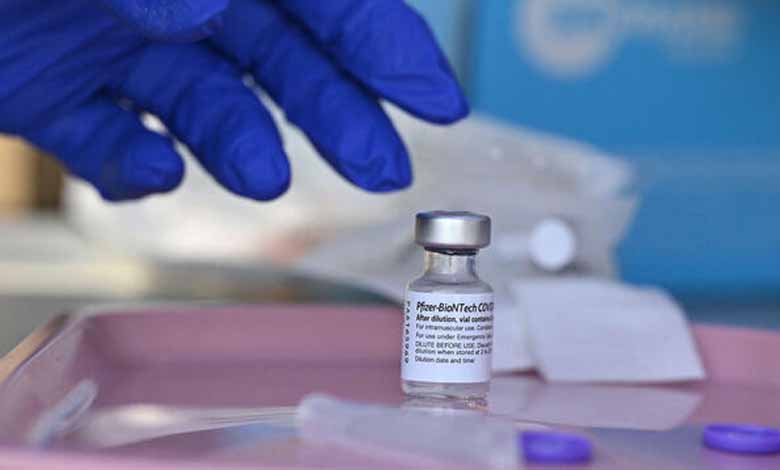Omicron: Faced with the subvariants of Omicron, the laboratories draw out the bivalent vaccines

Moderna announced on Wednesday, June 22, that the latest modified version of its flagship Covid-19 vaccine was more effective than previous versions in protecting against the BA.4 and BA.5 sublayers of the coronavirus variant Omicron.
Indeed, preliminary human tests have been shown to be up to six times more effective in fighting Omicron than the initial milling of Moderna’s vaccine.
And it’s not a luxury in the face of a variant that’s increasingly dominant around the world.
In France, the epidemic is continuing at a time when the decline in the number of hospital admissions of people infected with Covid-19 has stopped, the daily Liberation reports. A darker horizon that would be mainly due to the strains BA.4 and BA.5 of Omicron, which is gaining strength in France.
After all, having been vaccinated two or three times, and even having already been contaminated with the Omicron strain, would not provide adequate protection against these two terrible new children of the virus, according to researchers at Harvard Medical School.
Faced with the threat of a summer and especially an autumn that could be marked by a great return of the epidemic, the Moderna cavalry seems to arrive in time. And not with any product.
The booster shot that the American laboratory recommends is a bivalent vaccine. “It’s when there are two antigens in the same vaccine,” explains Pierre Saliou, associate professor of Val-de-Grâce and specialist in vaccination issues.
In this case, Moderna modified its initial product to induce the immune system to produce antibodies against the original Sars-CoV-2 strain and Omicron.
There is nothing revolutionary about this process. Other bivalent or multivalent vaccines have been around for years, starting with the flu vaccine. “Generally, these are quadrivalent vaccines that therefore attack four different strains of influenza,” explains Pierre Saliou.
Some vaccine compounds even protect against more than twenty mutations of the same disease, as is the case with some vaccines against pneumococci, which are bacterial infections, according to France 24.












